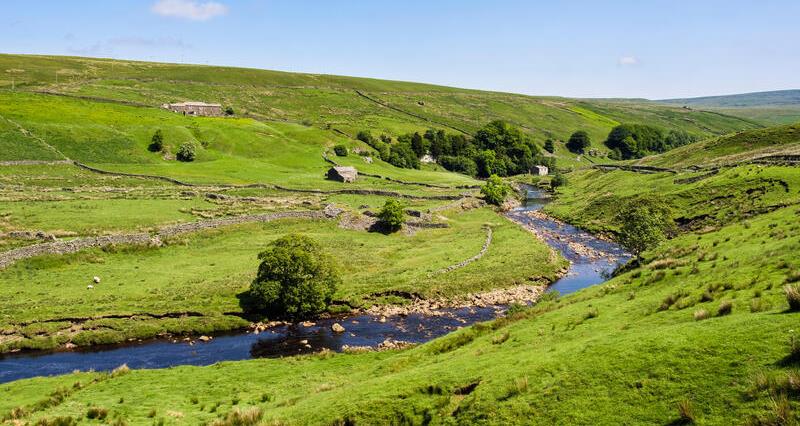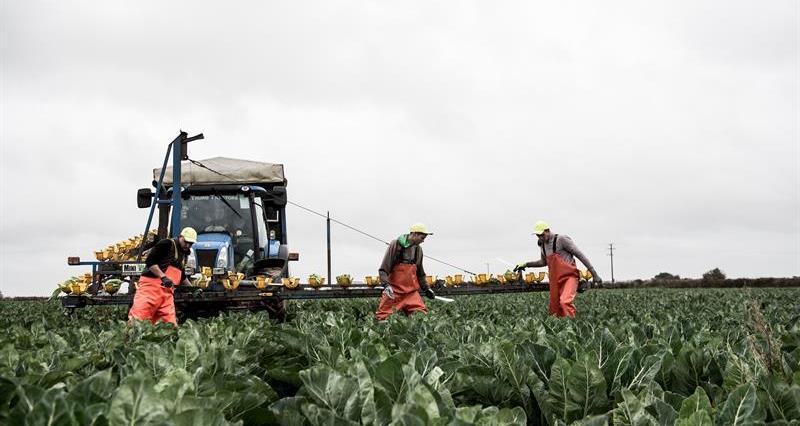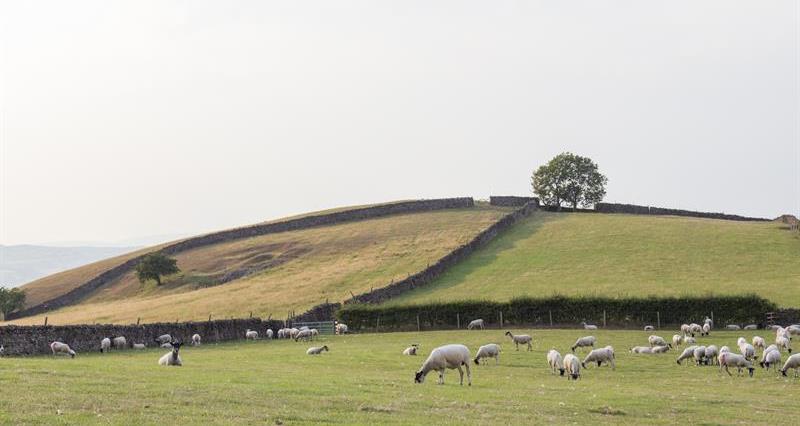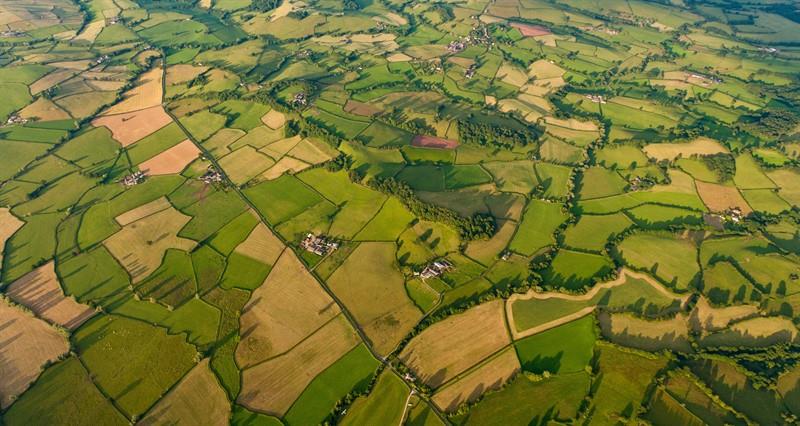Defra has been consulting on its ‘Land Use Framework’ for England, which aims to support decision making on how we use our land.
The framework forms the first of a series of government land-based strategies alongside the Farming Roadmap, a revised Environmental Improvement Plan, a Food Strategy and the Seventh Carbon Budget.
After consulting with its membership the NFU has responded to the consultation, arguing that, while it recognises the growing number of competing demands for land use, including housebuilding, energy, leisure and recreation and critical national infrastructure, food production cannot be overlooked, especially when the country is currently facing significant global challenges.
Target for British food production
We want to lay the firm foundations for a sustainable and profitable future, supported by a multi-functional land use strategy.
First and foremost is a target for British food production, just as the government has rightly legislated for targets on the environment.
NFU President Tom Bradshaw warned against taking land out of production and assuming we can maintain the same levels of production.
“We cannot allow food to become the poor relation.”
NFU President Tom Bradshaw
Set against a backdrop of a “huge number of competing demands for land use”, extreme weather, geopolitical tensions and the vulnerability of global supply chains, Tom reiterated that it is “vital we invest in homegrown food production, and ensure we make the best use of every hectare of our agricultural land”.
“As the government has repeatedly stated, food security is critical to the nation’s resilience,” Tom added.
What has the NFU called for in its response?
ª º“ª™»Àstrongly believes we need ambitious statutory targets for increased food production and food security in alignment with the government‚Äôs commitment that food security is national security.
“We’re asking for targets for British food production and for our countryside to remain a multifunctional, dynamic space,” NFU President Tom Bradshaw explained. “One that creates a thriving, profitable farming industry and enables Britain’s farmers and growers to produce sustainable, affordable food alongside carrying out important work for the environment and nature recovery, creating more jobs and supporting greener energy security.
“We cannot allow food to become the poor relation.”
Framework is an opportunity
Tom highlighted the huge pressures UK farming has faced over the past 18 months, with farm businesses also held back by domestic policies.
He added: “We have taken a battering. Volatile input costs, higher employer national insurance rates, reductions in direct payments, and the family farm tax have all left their mark. The closure of SFI has also threatened the livelihoods of numerous farmers, especially upland farmers and tenants, and undermined the ability of farm businesses to produce food and deliver environmental services.
“But we now have the opportunity, through the Land Use Framework, to make the best use of our most productive agricultural land.”
The NFU’s Blueprints highlight that, by investing in British farming we can lay the foundations for the future of our industry so farmers can continue producing food alongside caring for the precious environment and deliver the growth our economy badly needs.
“Alongside, we need a trade policy with a robust system of core standards for food imports that protect farmers and consumers from imported food that would be illegal to produce here,” Tom concluded.
More from ª º“ª™»À:



